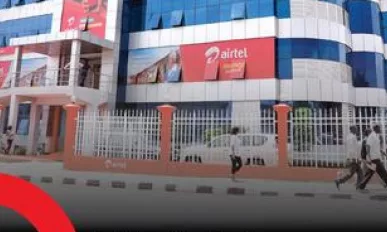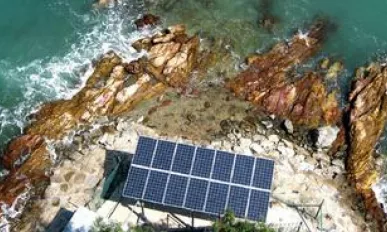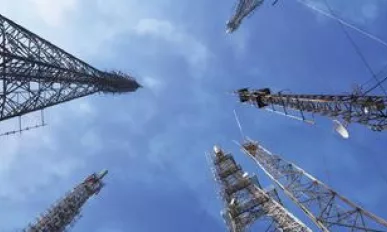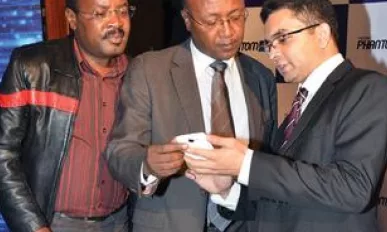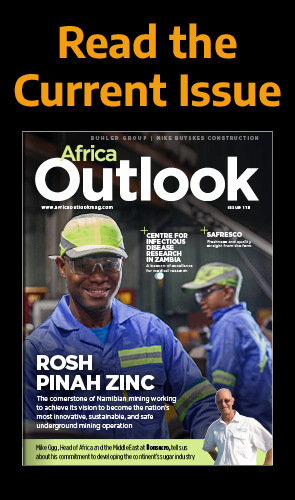Airtel Rwanda : Always Available, Always Affordable
Airtel Rwanda has doubled their customer base as a result of their selling points: affordability, innovativeness and high quality internet.
Airtel Zambia : Interview with Charity Chanda Lumpa
Africa Outlook spoke to the first female and Zambian Managing Director for Airtel Zambia, Charity Chanda Lumpa.
Business Connexion Nigeria : Connecting Nigeria
With a focus on delivering the Connective Intelligence™ value proposition, Business Connexion are bringing cloud computing to Nigeria.
Eaton Towers : Towering Ahead
Africa Outlook talks to Alan Harper, the Co-founder and CEO of African telecoms infrastructure firm Eaton Towers, which owns and manages telecom infrastructure across the continent and has plans to build 250 transmitter towers this year.
Techno Brain : The Brains to Succeed
Techno Brain seek to establish a prominent global position and strong brand credibility as an IT solution provider.
Eltek : Striking the Perfect Balance
For over 40 years, Eltek have constantly led the way in high efficiency power electronics across the African continent.
Broadcom Communication Networks : Broadening their Horizons
With a model of excellence in delivering superior and complete ICT solutions, Broadcom Communication Networks strives for a fast response time whilst maintaining a high level of skill and expertise.
Channel IT Group : Bringing Mobile Innovation to Africa
In this modern era of ever evolving communications and smart phones, the Channel IT Group is helping to bring innovation and value added service to the people of Africa.
Digitata : Dynamic Tariffing™ Systems
The Outlook Publishing team takes a deep dive into Digitata and the success of their Dynamic Tariffing™ Systems.
Tecno Group : Smart Phones, Smarter Business
Tecno Telecom Limited, established in July 2006 in Hong Kong, is a comprehensive mobile phone manufacturer specializing in R&D and Smartphone manufacturing.



